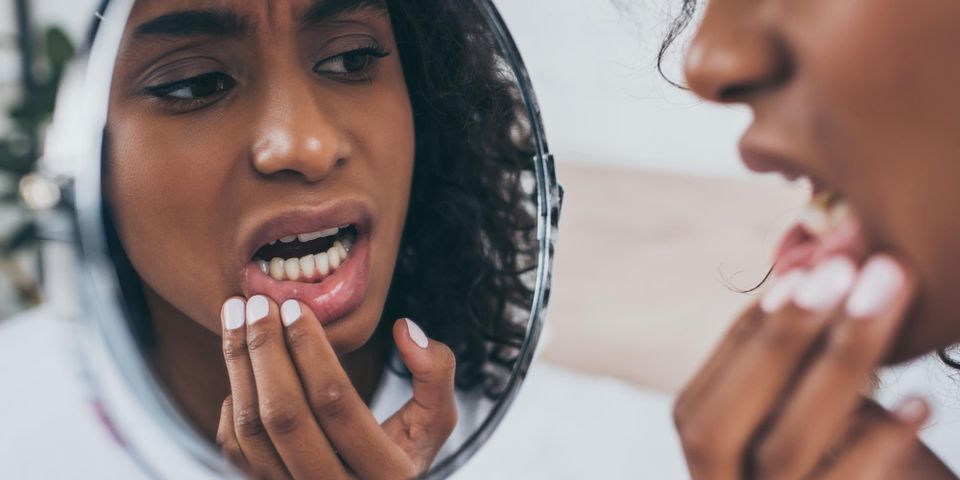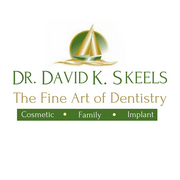
Cavities are areas on a tooth that collapse because of decay-causing bacteria and poor dental care habits. They will only worsen when left untreated, so it’s important to recognize the symptoms and see a dentist. Below, learn several of the most common signs and steps you can take to prevent tooth decay.
3 Signs You Have a Cavity
1. Toothache & Sensitivity
Decay-causing bacteria break through the protective enamel layer on the surface of a tooth when they form a cavity. It exposes the sensitive dentin layer and nerve chamber beneath. You may experience pain when bacteria attack and inflame this area. It can range from severe and constant pain to mild and infrequent discomfort, and it may be more apparent when chewing or eating salty, acidic, or sugary foods.
Sensitivity to hot and cold foods is also common because they irritate the exposed nerve. Pay attention to triggers, and make healthy changes to your diet. Replace sugary soda, sweets, and acidic foods with dark leafy greens, calcium-rich dairy, and healthy meats that strengthen your teeth and gums.
2. Holes in the Teeth
 You may be able to see or feel the cavity, which is a sign that you’re dealing with more advanced decay because of the size. It may be off-white or appear dark brown or yellow. During treatment, the dentist will clean the cavity and then use a dental amalgam, called a filling, to close it.
You may be able to see or feel the cavity, which is a sign that you’re dealing with more advanced decay because of the size. It may be off-white or appear dark brown or yellow. During treatment, the dentist will clean the cavity and then use a dental amalgam, called a filling, to close it.
Decay-causing bacteria will infect the pulp chambers in the tooth and cause severe pain if untreated. A dentist will need to perform root canal therapy and apply a dental crown to save the tooth. Cavities aren’t always visible and can form between the teeth. You’ll need to schedule checkups twice a year so the dentist can take a closer look and detect them.
3. Bad Breath
Sometimes, you may not see, feel, or experience any pain from the cavity. Instead, you’ll have chronic bad breath. This is due to food particles and bacteria becoming trapped in the cavity. They can make it difficult to fully refresh your mouth when brushing and flossing. You need to practice positive oral hygiene even if you already have a cavity. Make sure to brush and floss at least twice a day and rinse your mouth with a dentist-approved mouthwash.
If you think you may have a cavity, contact Dr. David K. Skeels in Rochester, NY. Dr. Skeels offers many preventive and cosmetic dentistry services. He and his team of oral hygienists will carefully inspect your teeth and provide solutions to help you achieve a healthy smile. Call (585) 467-7000 to schedule a teeth cleaning and visit the website to learn more about this family dentist.
About the Business
Have a question? Ask the experts!
Send your question

